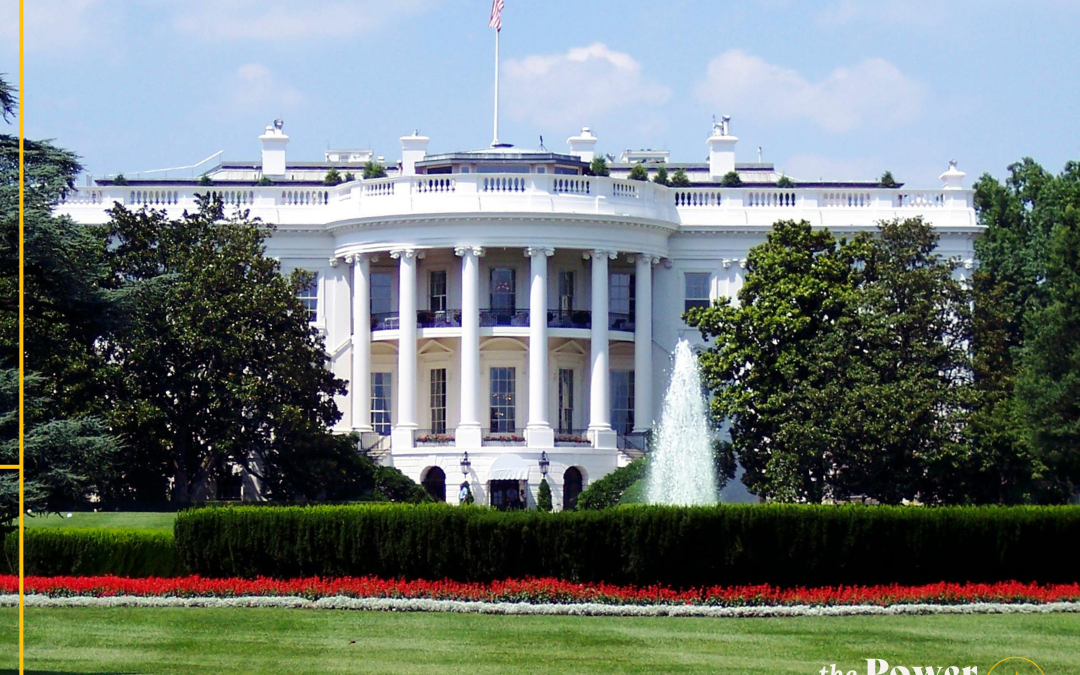The Tax Cuts and Jobs Act makes several changes to ABLE accounts.
Prior Law
Through December 31, 2017
ABLE accounts provide individuals with disabilities and their families the ability to fund a tax preferred savings account to pay for qualified disability related expenses. Contributions may be made by the person with a disability (the “designated beneficiary”), parents, family members or others. Under pre-Act law, the annual limitation on contributions is the amount of the annual gift tax exemption ($15,000 in 2018).
New Law
Effective for tax years beginning after December 31, 2017 and before January 1, 2026
The contributions limitation with respect to contributions made by the designated beneficiary has increased. After the overall limitation on contributions is reached (i.e., the annual gift tax exemption amount, for 2018, $15,000), an ABLE account’s designated beneficiary can contribute an additional amount, up to the lessor of:
The Federal poverty line for a one-person household, or
The individual’s compensation for the tax year.
Additionally, the designated beneficiary of an ABLE account can claim the saver’s credit for contributions made to such ABLE account.
The new law also requires that a designated beneficiary maintain adequate records for ensuring compliance with the new limitations.
For distributions made from qualified tuition programs (QTPs, also known as 529 accounts) after December 22, 2017, amounts are allowed to be rolled over to an ABLE account without penalty, provided that the ABLE account is owned by the designated beneficiary of the 529 account, or a member of such designated beneficiary’s family. Such rolled-over amounts are counted towards the overall limitation on amounts that can be contributed to an ABLE account within a tax year, and any amount rolled over in excess of this limitation is includible in the gross income of the distributee.
Commentary
The Federal ABLE Act permits states to establish and administer ABLE accounts to qualified individuals.
Article written by: Matt Cantlon, CPA





